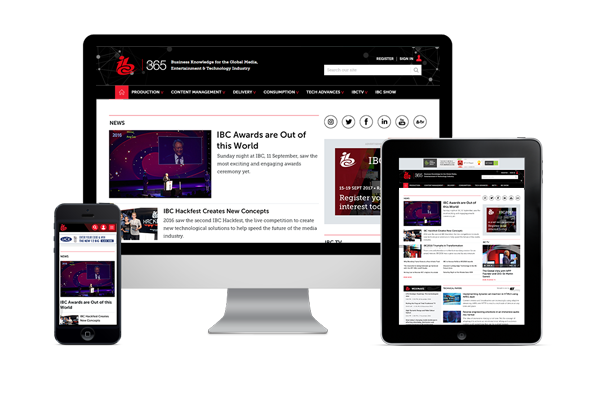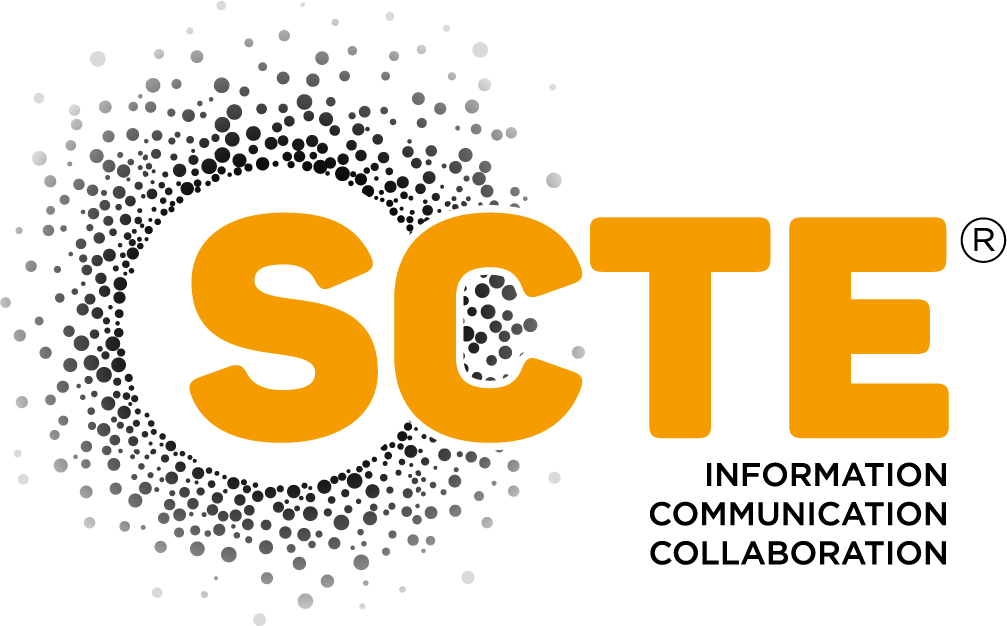Gender parity? A year on from #MeToo

It’s been a full year since allegations were first made against film mogul Harvey Weinstein, giving rise to the #MeToo movement against sexual harassment and assault, but have opportunities for women in the industry improved?
In the preceding year there have been surveys, self-imposed quotas, industry open letters, lawsuits and pay gap reports – although many were result of hard-fought campaigns and legislation that pre-dated the disgraced film executive’s dismissal.
It’s clear, however, that the events of last October have magnified existing initiatives and triggered a whole raft of new ones.
Trade bodies galvanised
While the Weinstein assault allegations were still raw, last November the UK’s campaigning body Women in Film and Television called for people to confidentially share their own experiences of bullying, sexual harassment and abuse of power.
Within a month it received over 100 submissions, which, according to WFTV Chief Executive Kate Kinninmont, will now be used to inform industry-wide guidelines compiled by WFTV, Directors UK, the BFI and Pact designed “professionalise” the industry.
The #MeToo movement was also responsible for galvanising a group 70 established female TV writers to pen an open letter to the UK’s drama commissioners asking one simple question: ‘Why won’t you work with us?’
The letter was a response to an ITV drama press release about…
Read the full article

Sign up to IBC365 for free
Sign up for FREE access to the latest industry trends, videos, thought leadership articles, executive interviews, behind the scenes exclusives and more!
Already have a login? SIGN IN

















